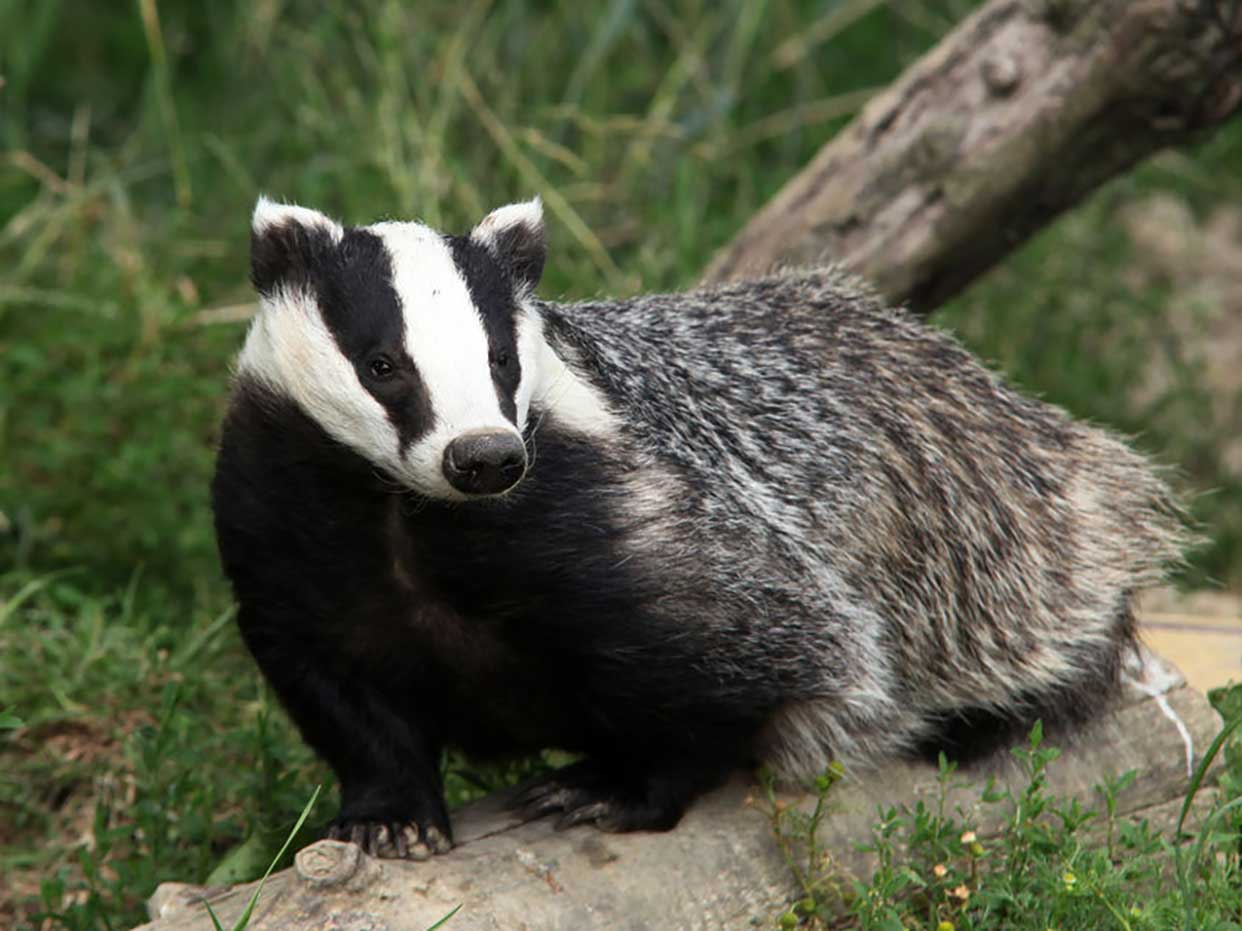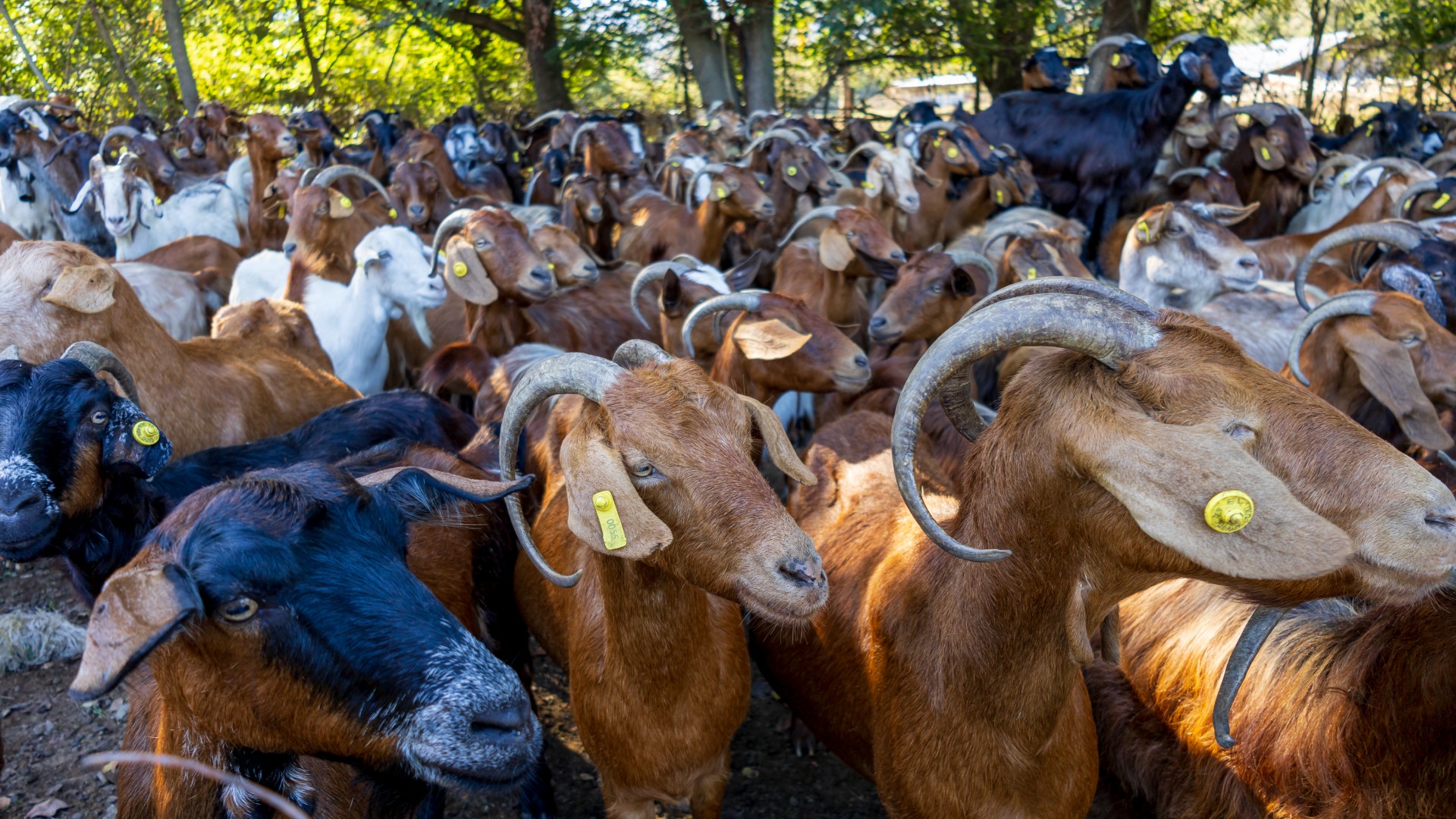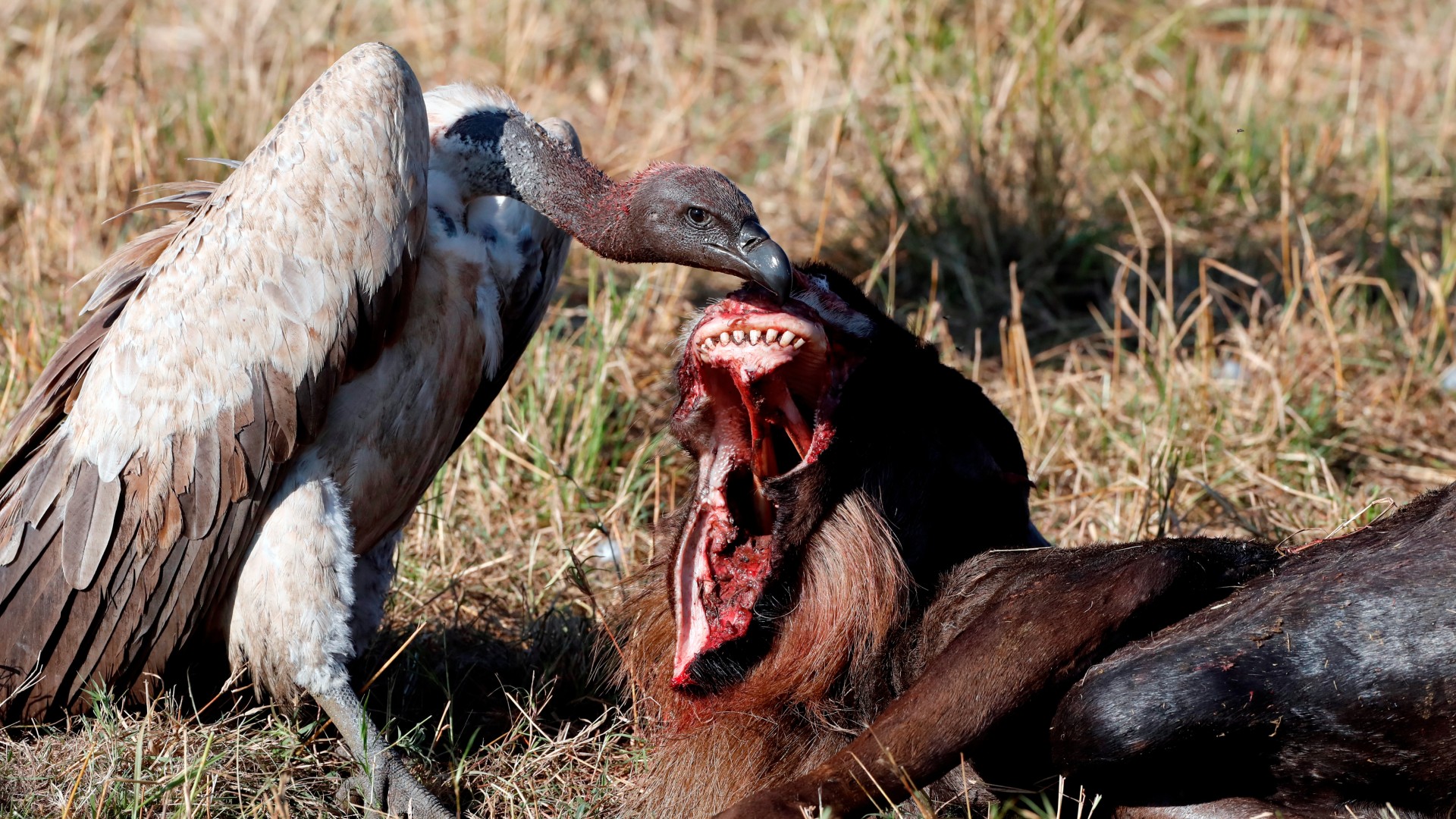Badger culls: government statistics dismissed as ‘barefaced lies’
Experts challenge claim that strategy is cutting spread of tuberculosis in cattle

A free daily email with the biggest news stories of the day – and the best features from TheWeek.com
You are now subscribed
Your newsletter sign-up was successful
Leading vets and animal rights campaigners have accused the Government of telling “barefaced lies” about the success of its controversial badger culls in England.
The Department for Environment, Food and Rural Affairs (Defra) published data in September indicating that cases of bovine tuberculosis (TB) in Somerset and Gloucestershire had halved since pilot culls began there in 2013. But the Prion Interest Group claims that the Government has issued “unclear and deliberately opaque” figures on the effectiveness of the strategy, the BBC reports.
In Gloucestershire, the government data “showed TB incidence fell from 10.4% before culling started to 5.6% in year four of the cull, while in Somerset it has reduced from 24% to 12%”, says the news site.
The Week
Escape your echo chamber. Get the facts behind the news, plus analysis from multiple perspectives.

Sign up for The Week's Free Newsletters
From our morning news briefing to a weekly Good News Newsletter, get the best of The Week delivered directly to your inbox.
From our morning news briefing to a weekly Good News Newsletter, get the best of The Week delivered directly to your inbox.
Farming Minister George Eustice has claimed that the figures “are evidence that our strategy for dealing with this slow-moving, insidious disease is delivering results”.
But Prion Interest Group director Dr Iain McGill, a veterinary surgeon, told the BBC that the figures were not supported by scientific evidence.
“The current situation in the cull zone says there is an increased prevalence,” said McGill. “So either their figures were calculated on an extremely inaccurate basis and they’ve got it very badly wrong, or they have actually gerrymandered those figures to make it look as if the incidence is falling when the evidence clearly shows that the prevalence has gone up.
“Badger culling has not worked. They are issuing barefaced lies in this matter.”
A free daily email with the biggest news stories of the day – and the best features from TheWeek.com
The campaign group has sent a letter to the UK’s Chief Veterinary Officer, Dr Christine Middlemiss, asking her to ensure that Defra retracts its “insupportable” claims. Published on the Network For Animals website, the letter warns: “When ministerial statements are used as justification for the slaughter of badgers on an industrial scale across swathes of England, it is vital that they are accurate and reflect the best available veterinary and scientific advice.”
But a spokesperson for Defra insisted: “The latest statistics showed reductions in new outbreaks of bovine TB in the initial cull areas, an encouraging sign that the steps we have taken have had a positive impact.
“Based on this scientific data, Minister Eustice was absolutely correct to describe this progress as encouraging.”
England has the highest incidence of bovine TB in Europe, Farming UK reports. The disease costs taxpayers more than £100m a year, with more than 33,000 cattle slaughtered in England to control the disease in 2017 alone.
-
 Local elections 2026: where are they and who is expected to win?
Local elections 2026: where are they and who is expected to win?The Explainer Labour is braced for heavy losses and U-turn on postponing some council elections hasn’t helped the party’s prospects
-
 6 of the world’s most accessible destinations
6 of the world’s most accessible destinationsThe Week Recommends Experience all of Berlin, Singapore and Sydney
-
 How the FCC’s ‘equal time’ rule works
How the FCC’s ‘equal time’ rule worksIn the Spotlight The law is at the heart of the Colbert-CBS conflict
-
 How drones detected a deadly threat to Arctic whales
How drones detected a deadly threat to Arctic whalesUnder the radar Monitoring the sea in the air
-
 The bacterial consequences of hurricanes
The bacterial consequences of hurricanesUnder the radar Floodwaters are microbial hotbeds
-
 Bananas have been facing extinction. But maybe not for much longer.
Bananas have been facing extinction. But maybe not for much longer.under the radar Scientists may have a solution for a longstanding fungus problem
-
 Greece's deadly 'goat plague' threatens its trademark feta cheese
Greece's deadly 'goat plague' threatens its trademark feta cheeseUnder the Radar About 9,000 animals have already been culled amid outbreak of 'highly contagious' PPR virus
-
 How loss of India's vultures might have led to half a million deaths
How loss of India's vultures might have led to half a million deathsUnder the Radar Near extinction of the invaluable carrion eaters in 1990s left cattle carcasses piled up and disease spreading widely
-
 Why beaches are closing across the country
Why beaches are closing across the countryThe Explainer Step away from the water!
-
 Shell’s North Sea oil U-turn: ‘a first victory in a longer war’?
Shell’s North Sea oil U-turn: ‘a first victory in a longer war’?Speed Read Controversy after oil giant pulls out of proposed Cambo project
-
 Fires, floods and storms: America’s ‘permanent emergency’ has begun
Fires, floods and storms: America’s ‘permanent emergency’ has begunSpeed Read This summer of climate horror feels like the ‘first, vertiginous 15 minutes of a disaster movie’, says The New York Times